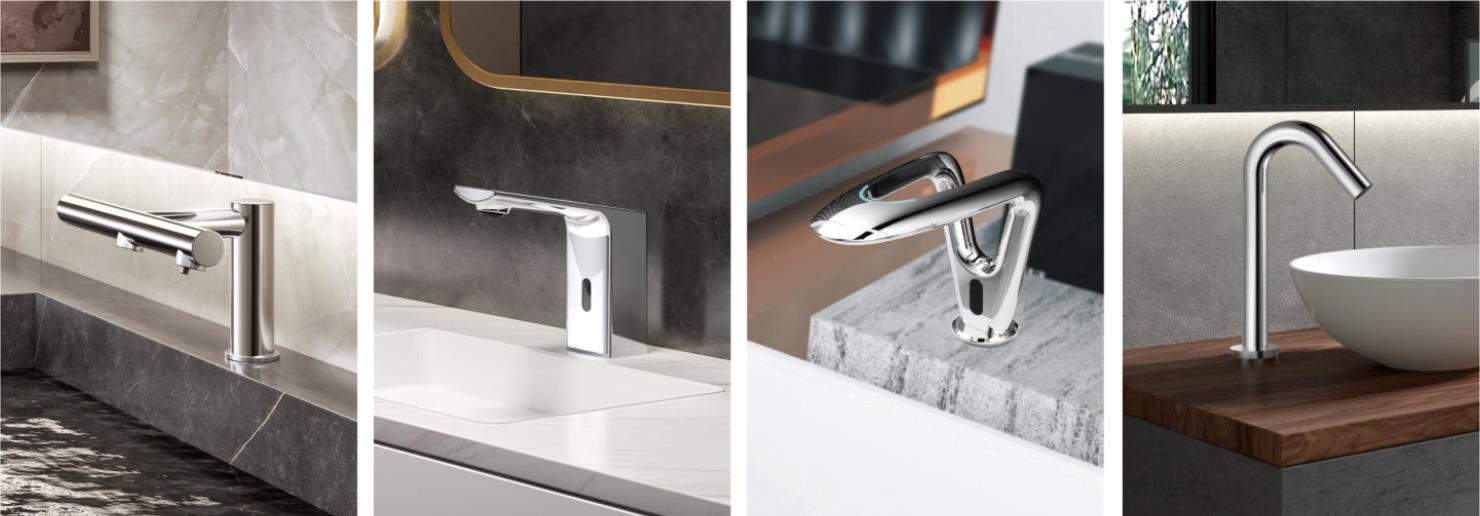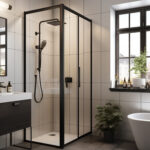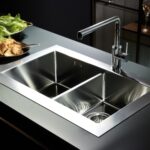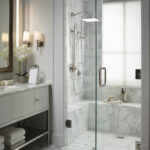Sensor taps, also known as touchless taps or automatic faucets, offer several advantages:
1. Hygiene:
One of the main advantages of sensor taps is improved hygiene. Since they are touch-free, there is no need to physically touch the tap handles or knobs, reducing the risk of cross-contamination and the spread of germs and bacteria. This is particularly beneficial in public restrooms or high-traffic areas where many people use the same facilities.
2. Water conservation:
Sensor taps are typically equipped with infrared sensors that detect the presence of hands or objects, activating the water flow only when needed. This helps conserve water by reducing the chances of taps being left running unintentionally or longer than necessary. Many models also have adjustable flow rates, allowing further control over water usage.
3. Ease of use:
Sensor taps are convenient and easy. They automatically turn on and off, eliminating the need to twist or turn handles, which can be especially useful for people with limited mobility or dexterity. They are also helpful when hands may be dirty or soapy, making it challenging to operate conventional taps.
4. Reduced maintenance:
Automatic faucets often have fewer moving parts compared to traditional taps, which can lower the need for maintenance and repair. Additionally, the touchless operation typically means less wear and tear on the fixture, leading to a longer lifespan.
5. Modern aesthetic:
Sensor taps can add a modern and sleek touch to any restroom or kitchen, enhancing the overall aesthetic appeal. They are available in various designs and finishes to suit different styles and preferences.
Must Read:https://ortonbaths.com/why-do-people-like-to-install-shower-panels-in-their-bathroom/
Must Read:https://ortonbaths.com/reason-of-buying-led-mirrors/








